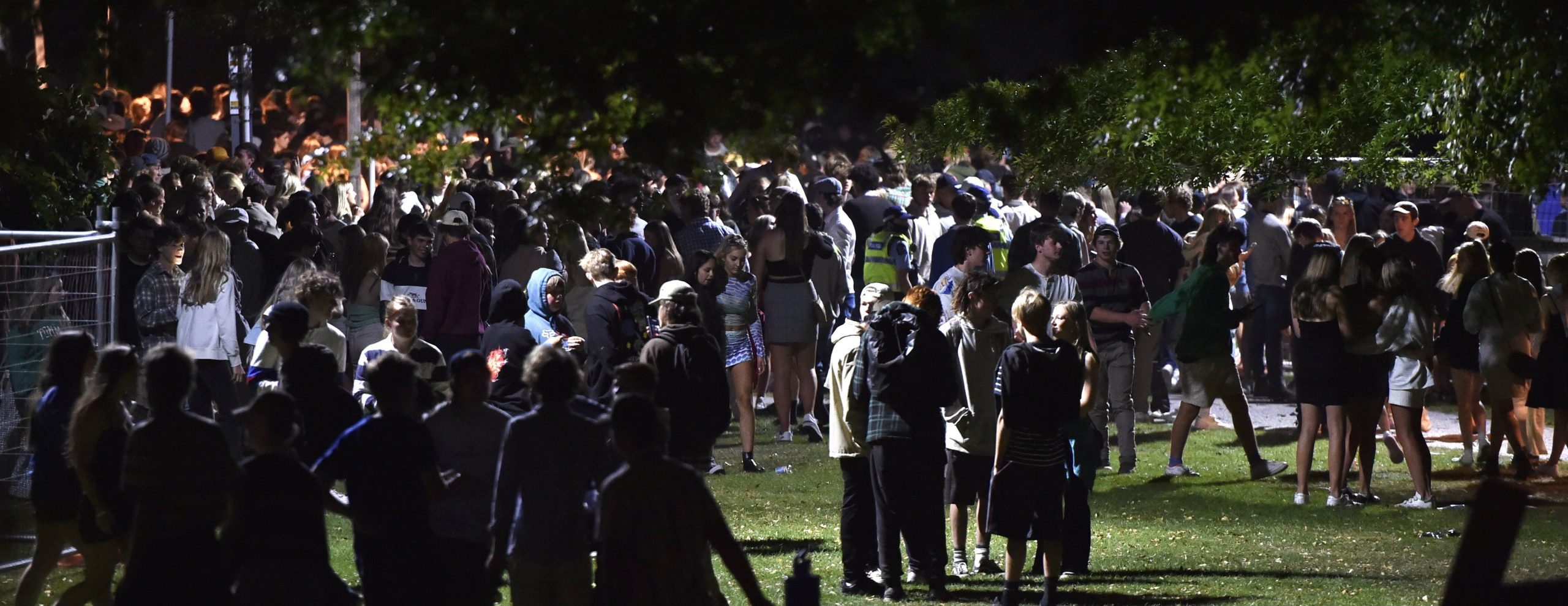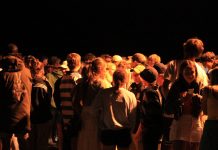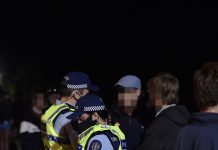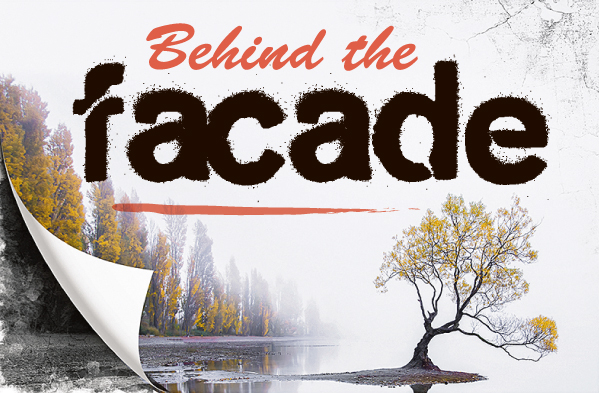
A “concerning rise in drug-related issues and use at events” led the Queenstown Lakes District (QLDC) to introduce a Drug Management Plan in 2020, as well as holding discussions about providing drug checking services at the annual Wanaka New Year’s event.
Organisers of events with more than 400 attendees must now submit Drug Management Plans when applying for a special liquor licence application.
Discussions about the plan started in 2019, with the first draft produced at the end of 2019-20.
QLDC chief licensing inspector Sian Swinney said the plan was a collaboration between three agencies: council alcohol inspectors, police and health promotion advisers from Te Whatu Ora, Health New Zealand.
“The three agencies agreed to a final document at the end of 2020, with the intention of having it added to all applications for special licences for large events for 2020-21 summer,” she said.
Alcohol inspectors monitor large events and observe intoxication from either alcohol, other drugs or substances defined in the Sale and Supply of Alcohol Act 2012.
Ms Swinney said where intoxication was discovered, inspectors talked with duty managers, security staff and event organisers, as well as the person affected.
Limits extended to alcohol as a legal substance and anything beyond that was referred to police.
Drug Management Plans are not automatically rolled over each year, she said.
“If applicants for special licences are negligent in any way, their suitability is placed in question with future applications.’’
Ms Swinney said if there were ongoing issues, a public hearing occurred and the District Licensing Committee (DLC) could decline to issue a special licence for future events.
The annual Wanaka lakefront event at New Years attracts around 8000 people, with the exception of this past year when Covid-19 restrictions resulted in no organised event by QLDC.
A QLDC spokesperson said past celebrations had been organised and promoted as family-friendly, and no alcohol licence application was required as there was no sale of alcohol.
They said potential illegal drug use at council-managed events such as the New Year celebrations in Queenstown and Wanaka was covered in general terms under the Health and Safety Plan required for all such events.
The council has also worked with key stakeholders NZ Police, St John, Red Frogs, security contractors and elected members to mitigate risk.
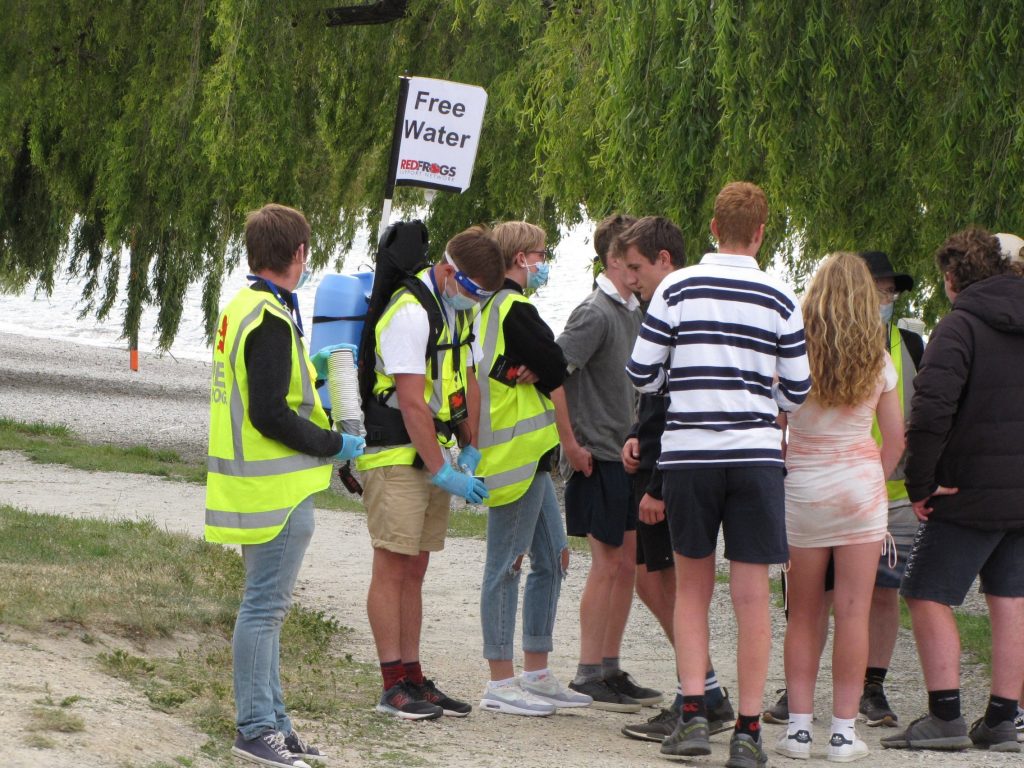
Red Frogs Otago co-ordinator Ray Thomson said volunteers had noticed an increase in drug related intoxication and harm at events and gatherings.
“Drugs are always a concern, particularly around New Year’s in both Wanaka and Queenstown. In Wanaka where patrons are younger, we see symptoms consistent with more experimental drug use,” he said.
Mr Thomson said unlike a festival with certain parameters such as ticketing, age restrictions and a fenced location, at New Year’s Red Frogs responded to organic gatherings of people in public places such as the Wanaka waterfront and skate park.

